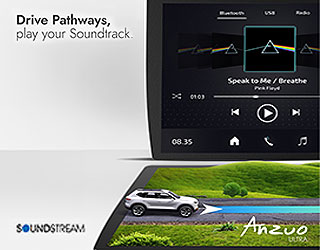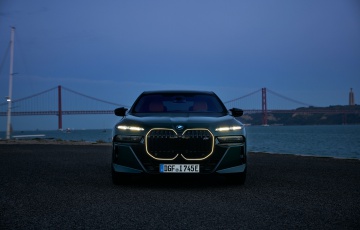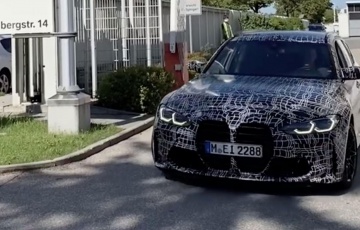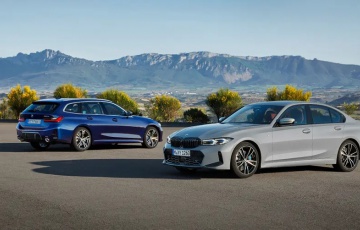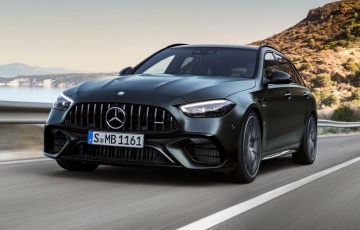BMW boss: July 2025 target for Euro 7 standard “entirely unfeasible”
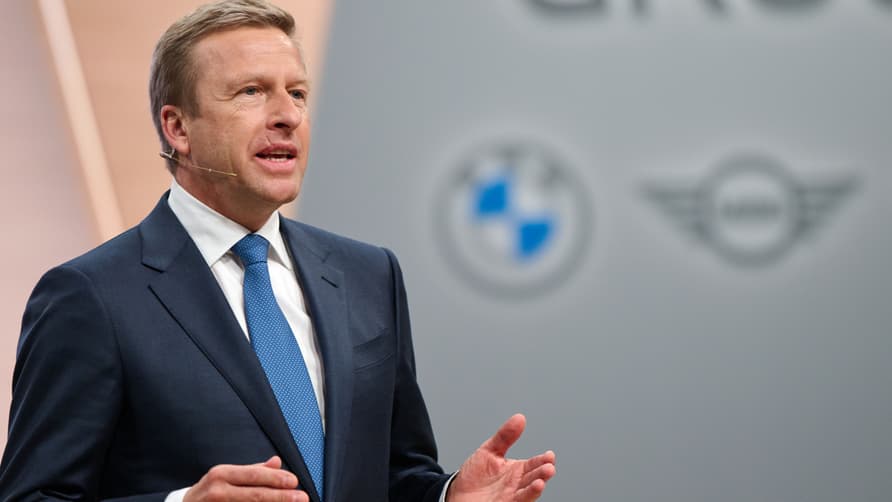
BMW boss: July 2025 target for Euro 7 standard “entirely unfeasible”
The boss of BMW has slammed the upcoming Euro 7 emissions standards for new internal combustion engines, saying the target date of July 2025 is “entirely unfeasible”.
Speaking at BMW AG’s annual general meeting, Oliver Zipse noted how American and European policies were increasingly affecting its business.
“In the US, the Inflation Reduction Act is being used by policymakers to promote climate protection and strengthen the domestic economy,” he said.
“In Europe, on the other hand, the European Commission is massively tightening the planned Euro 7 standard. This means even more regulation, but without any improvement in air quality.
“I’m not going to beat about the bush: how it is planned right now is simply not going to work!”
Along with 2025 being an ‘unfeasible’ timeframe to work towards, Zipse also criticised the test conditions these new ICE were put through, calling them "totally unrealistic".
He expanded: “These so-called testing environmental conditions – which could also be described as special cases – require carmakers to deal with any and all exceptional situations.
“I think everyone can answer this for themselves: how often, for example, do you drive up a mountain pass at full throttle, in minus seven degrees, in a car that is fully loaded and pulling a trailer? We are fighting for a sensible Euro 7 solution, which also effectively increases air quality in cities.”
Zipse proposes limits for testing environmental conditions, “no focus on special and extreme cases” and a pushback to the introduction of Euro 7 to mid-2027.
Other voices that have criticised the proposals include Stellantis boss Carlos Tavares, while Volkswagen has also stated the regs should be pushed back.
What are the Euro 7 standards?
Broadly, they’ll enforce stricter exhaust and – for the first time – ‘fine particle’ (brake and tyre wear) emissions across all new petrol, diesel, PHEV, electric and fuel cell cars.
The European Commission said by 2035, Euro 7 standards would reduce NOx emissions from cars and vans by 35 per cent compared to Euro 6, exhaust-pipe particles by 13 per cent for cars and vans (and 39 per cent for buses and lorries), while particles from car brakes would be lowered by 27 per cent.
Euro 7 aims to keep engines cleaner for a “much longer part of their lifetime”, the EC said.
STORY Vijay Pattni
